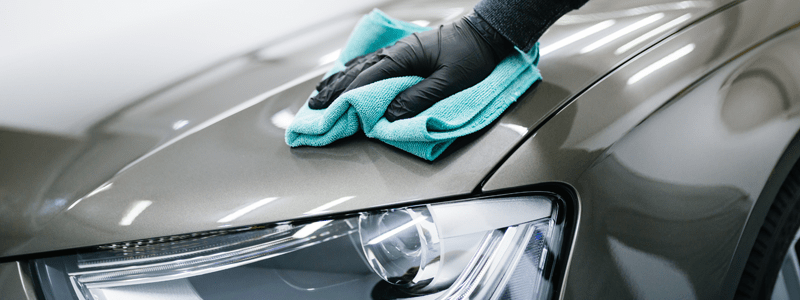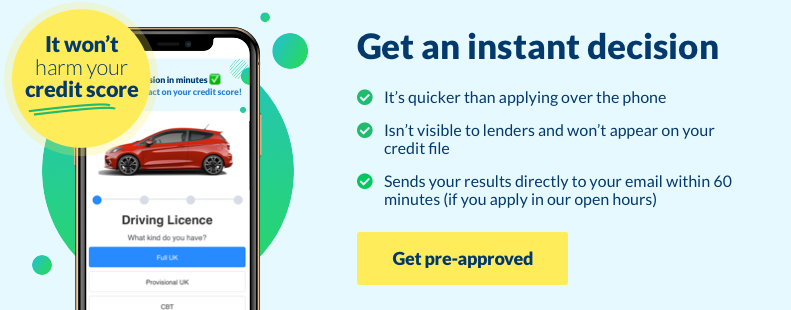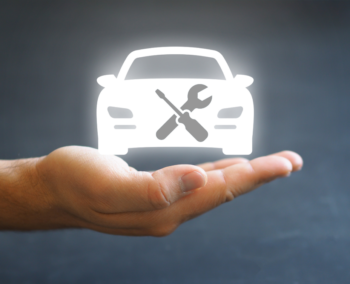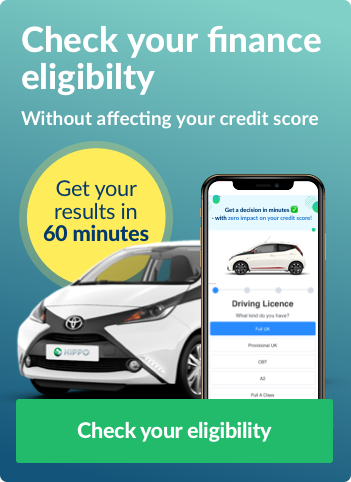
So, the time has come to part ways with your car. But whether you’re looking to replace it or upgrade it, the first thing you need to ask yourself is ‘how am I going to sell my car?’
Most will choose to sell their car in one of two ways – privately or part-exchange it for discount on a new car.
Both ways of selling the car have their pros and cons, so if you’re wondering which way is best for you, read on to find out more.
How does part-exchange work?
Part-exchanging a car is a way of trading in or trading up your car for another. It works a little like a discount – you’ll get money off the car you want to buy in exchange for trading in (part-exchanging) your current car.
Even if you have outstanding finance on the vehicle, you can still part-exchange it. However, it’s worth noting that whatever your vehicle is worth will go towards settling that finance first.

Once you’ve found the car you want to buy at the dealership, you’ll agree on the value of the car you wish to part-exchange with the dealer.
The value of the car you’re selling is then put towards the price of the new one. The price you pay for the new car will depend on the value of the car you’re trading in and, of course, the car you want to buy.
Read: What is part-exchange on a car and is it worth it?
Pros and cons of part-exchange
The biggest advantage of part-exchanging your vehicle is that it’s hassle-free. You can immediately sell your car and get hold of a new one rather than having to advertise and wait weeks, perhaps months, for a buyer.
However, typically you’ll receive less for selling through part exchange rather than selling privately.
You may also need to be able to negotiate the price for your old car and the new car – something not everyone is comfortable with.
Pros
- Don’t have to rely on a private buyer who could pull out
- You get a guaranteed sale.
- You get a quick sale.
Cons
- You may not agree with the valuation.
- Your car may not be suitable for part-exchange due to its age or damage history.
- Can require some negotiation, which some people aren’t comfortable with.
How does selling privately work?
Selling your car privately involves investing some time and effort to get the right price. First up, you need to decide how much you want to sell the car for.
It’s a good idea to have a look at listings to get an idea of the value. Then it’s up to you to create an advert that will interest buyers before making time for viewings and test drives.
Finally, you may need to negotiate price with the buyer before organising all the paperwork.

If you’re looking for bad credit car finance, then you may get a better return on a private car sale to try and reduce monthly payments for your new car.
Typically, you can sell your vehicle privately, sell it straight to the dealer for an agreed sum or sell it to a third-party company.
Pros and cons of selling privately
Selling your car privately will almost always give you a higher price than through a dealership. You don’t need to depend on anyone else for the price, and you’ll receive all of the money from the sale.
However, it’s a time-consuming process that could take weeks or even months and one that comes with no guarantees. You may have to deal with time-wasters until you find the right buyer who is prepared to pay.
Pros
- You usually get a higher price than from a dealer.
- You can set your own price, so you won’t feel like you’re being ripped off.
Cons
- You’ll have to invest your time into selling the car.
- If you sell the car and it experiences problems down the line, the buyer may seek compensation.
- You have to deal with payments, paperwork and potential fraud.
- Private buyers can still haggle, and you may not get the price you wanted.
How to get the most from a part-exchange
Part-exchanging your car is undeniably less hassle and not as time-consuming as selling your car privately. But, if you want to get the best price for your old car, it’s a good idea to do your research first.
Firstly, find out the car’s value so you can go into the sale armed with that knowledge. To get an idea of what your current car could be worth, spend some time looking through adverts for similar aged models.
The car’s condition will have a bearing on how much you can sell it for as well as the mileage, so try to find adverts for cars of the same type with a similar history to yours.
The dealership with whom you part-exchange will need to make a profit on the sale so you likely won’t get the car’s full value, but it’s good to have a guide.
Ultimately, you’re trying to get your new car for the best price, so focus on trying to reduce the difference between your old car and the new one as much as possible.
Secondly, make sure you have all the documentation that goes with the car.
Fish out all your MOT certificates, service history, receipts for any parts etc. Details of how the car has been maintained are important when you’re part-exchanging because it shows how well it’s been looked after.
Not being able to show the service history could potentially bring down the price you get for it.
Should I clean my car before part-exchanging it?
While there isn’t a rule that you have to clean your car before you part exchange, it can really affect the price you get for it.

By spending a few hours making sure your car is clean and tidy inside and out, you can add hundreds to its value.
How to get the most from selling privately
Similarly to part-exchange, selling your car privately all starts with a little research. By finding out how much your car is worth by looking at similar adverts, you can make sure you’re offering the best price.
Looking at other listings – particularly seemingly successful ones – can also give you an idea of how and where to advertise your car.
It’s then a matter of deciding what the most important thing is for you – convenience and time, or price.
If you want to sell the car as quickly as possible, it may be a good idea to price your car below its value (although part-exchanging through a dealership may give you a similar price). If profit is your main driving force, beware you need to put in the time to get the right buyer.
Before you accept viewings for the car, make sure it’s in the best condition. Give it a clean inside and out and, if you can, repair any minor scratches or dents.
A buyer will more than likely want to see a complete service history for the car, so gather up all your documents and have them to hand ready for sale.
Can you sell a car with outstanding finance?
When you purchase a car on finance, the car isn’t legally yours until you have made all the repayments. Until then, it’s the property of the finance company, so legally, it’s not yours to sell.
If you wish to sell your car privately and it’s on a hire purchase or PCP agreement, you would have to contact the finance company to obtain a settlement figure and see if you can end the agreement early by paying it off. You should also check your contract for early exit fees and voluntary termination clauses.
Obviously, the problem with this is that you would have to have a lump sum to pay off the car to sell it.
Selling your car when it’s already got finance is more possible when you part-exchange. It does, however, depend on how far along the car finance agreement is.
If you want to part-exchange a car and the outstanding finance is lower than the car’s current value; you could have some equity to use to put toward your new car.
If you have negative equity, though (when the car’s outstanding finance is more than the car’s current value), you would have to make up the deficit. This can usually be added to the cost of your new car, though.
The best way in either of these circumstances is to speak to a trusted dealership to see if they can help with a solution.

Get pre-approved for finance today with our free soft finance check
We’ve helped thousands of people to get the car they want on a finance package that works. Whether you’re looking to part-exchange or not, we’d love to help you find your next car, too.
You can check whether you’re eligible for finance today using our free soft credit check. It takes two minutes to complete and won’t affect your credit score.














